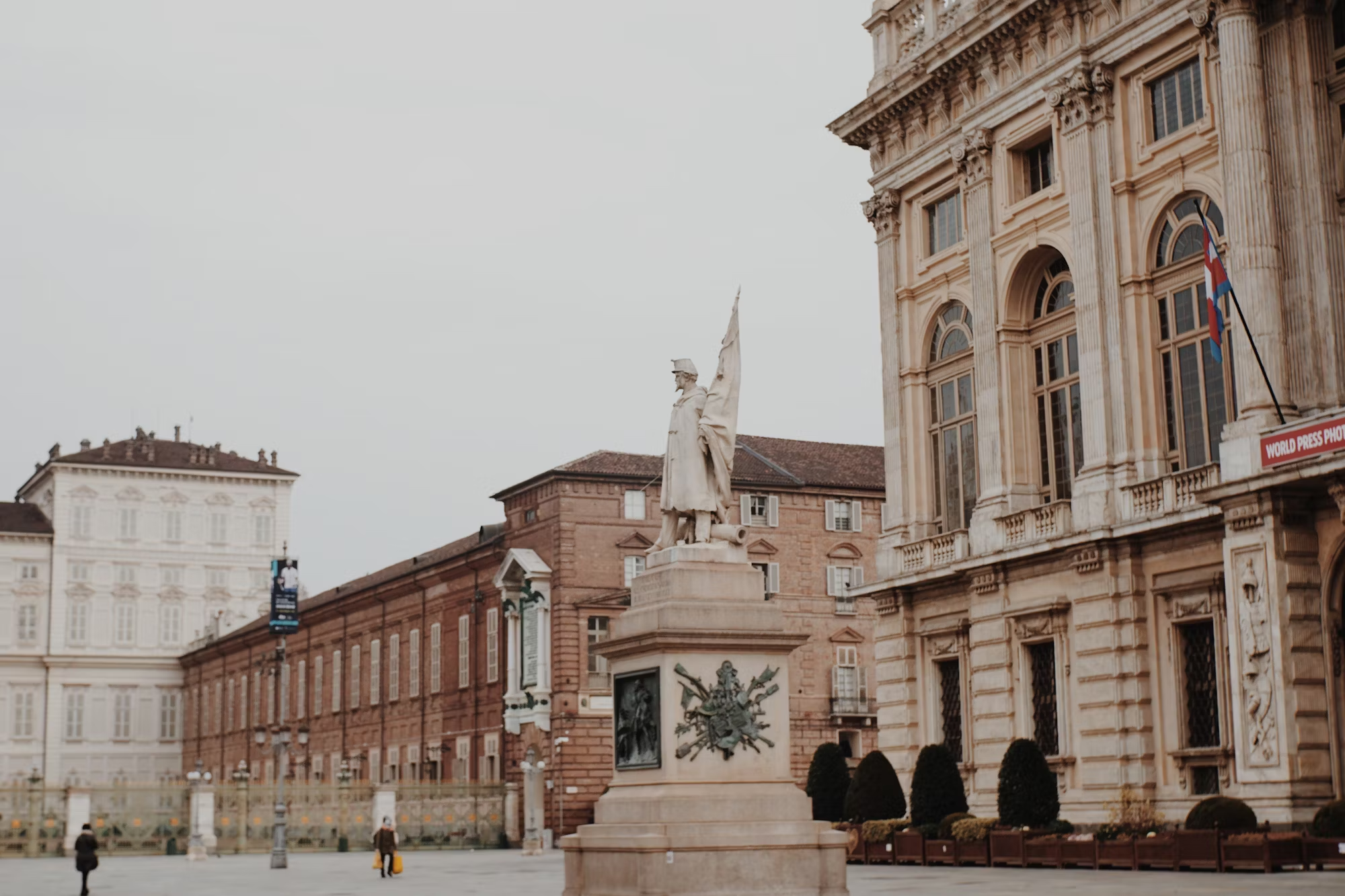History museums are vital institutions that serve as guardians of our collective memory, preserving artifacts, stories, and experiences that define our cultural heritage. They invite visitors to step back in time, offering glimpses into the lives of those who came before us and the events that shaped our world. Through a diverse range of exhibits, educational programs, and community engagement, history museums play a crucial role in educating the public and fostering a deeper understanding of our past. In this article, we will explore the significance of history museums, the variety of exhibits they offer, and their impact on society.
At the heart of every history museum is the mission to collect, conserve, and interpret artifacts that represent different eras and cultures. These institutions curate extensive collections that range from ancient artifacts to contemporary historical documents, allowing visitors to engage with history in meaningful ways. For example, a visitor might encounter a Roman coin, a 19th-century dress, or photographs from pivotal moments in modern history. By presenting these items within their historical context, museums help to demystify the past, making it accessible and relatable to everyone.
One of the most powerful aspects of history museums is their ability to tell stories that resonate with visitors. Each exhibit is carefully crafted to weave narratives that highlight the lives, struggles, and achievements of individuals and communities throughout history. Whether exploring the lives of indigenous peoples, examining the impact of the Industrial Revolution, or celebrating the achievements of civil rights leaders, these narratives foster a sense of connection and empathy. Visitors leave with a deeper understanding of the complexities of history and the diverse experiences that shape our society today.
In addition to permanent collections, history museums frequently host temporary exhibitions that focus on specific themes or events. These rotating exhibits often highlight contemporary issues, anniversaries, or new research findings, keeping the museum experience fresh and engaging. For instance, an exhibit might commemorate the 50th anniversary of a significant social movement, showcasing artifacts, photographs, and personal stories from that time. Such thematic exhibitions encourage visitors to reflect on the relevance of history in their own lives and consider how past events continue to influence the present.
Moreover, history museums often play a crucial role in education, offering a variety of programs designed to engage audiences of all ages. Schools frequently partner with museums to create tailored educational experiences that align with curriculum standards. Guided tours, interactive workshops, and hands-on activities enable students to connect classroom learning with real-world artifacts and stories. For instance, a history museum might host a workshop where students can learn about historical research methods and even handle replicas of ancient tools. These interactive learning opportunities ignite curiosity and foster a love for history that can last a lifetime.
Community engagement is another essential aspect of history museums. Many institutions strive to connect with their local communities by hosting events, exhibitions, and cultural celebrations that reflect the diverse narratives of their regions. For example, a museum might celebrate local history through festivals that highlight the traditions, food, and stories of various ethnic groups within the community. By involving local residents in the museum’s programming, history museums create a sense of ownership and pride, reinforcing the idea that history is not just something to be observed but something that is alive and relevant.
Additionally, history museums are increasingly recognizing the importance of inclusivity and representation in their exhibits. Many institutions are working to address historical narratives that have been traditionally marginalized or overlooked. By collaborating with community groups, indigenous peoples, and underrepresented populations, museums are expanding their collections and exhibitions to tell a more complete story of the past. This commitment to inclusivity not only enriches the museum experience but also fosters a greater understanding of the complexities of history and the many voices that contribute to our shared heritage.
Furthermore, history museums often serve as research centers that contribute to the advancement of knowledge in the field of history. Many institutions house archives, libraries, and collections that are accessible to scholars, educators, and the public. By facilitating research and providing access to primary sources, history museums support the work of historians and educators, ensuring that the study of history remains dynamic and relevant. This collaboration between museums and academic institutions helps bridge the gap between scholarship and public understanding, making historical research accessible to a broader audience.
The impact of history museums extends beyond individual learning; they contribute significantly to cultural and economic vitality. By attracting visitors from near and far, these institutions help boost local economies through tourism and related activities. Museums often host conferences, lectures, and special events that not only benefit the institution but also enrich the cultural landscape of their communities. By serving as hubs of knowledge and inquiry, history museums foster a culture of curiosity and critical thinking, encouraging individuals to explore and appreciate the rich tapestry of human experience.
In conclusion, history museums are invaluable institutions that educate, inspire, and connect individuals to the narratives that shape our world. Through their extensive collections, engaging exhibits, and community outreach efforts, these museums serve as vital resources for promoting historical understanding and appreciation. By preserving our shared heritage and fostering inclusive narratives, history museums empower individuals to explore their own identities and envision a future informed by the lessons of the past. As we navigate the complexities of modern society, these institutions stand as beacons of knowledge, inviting us to reflect on our collective journey and the diverse experiences that define humanity.





